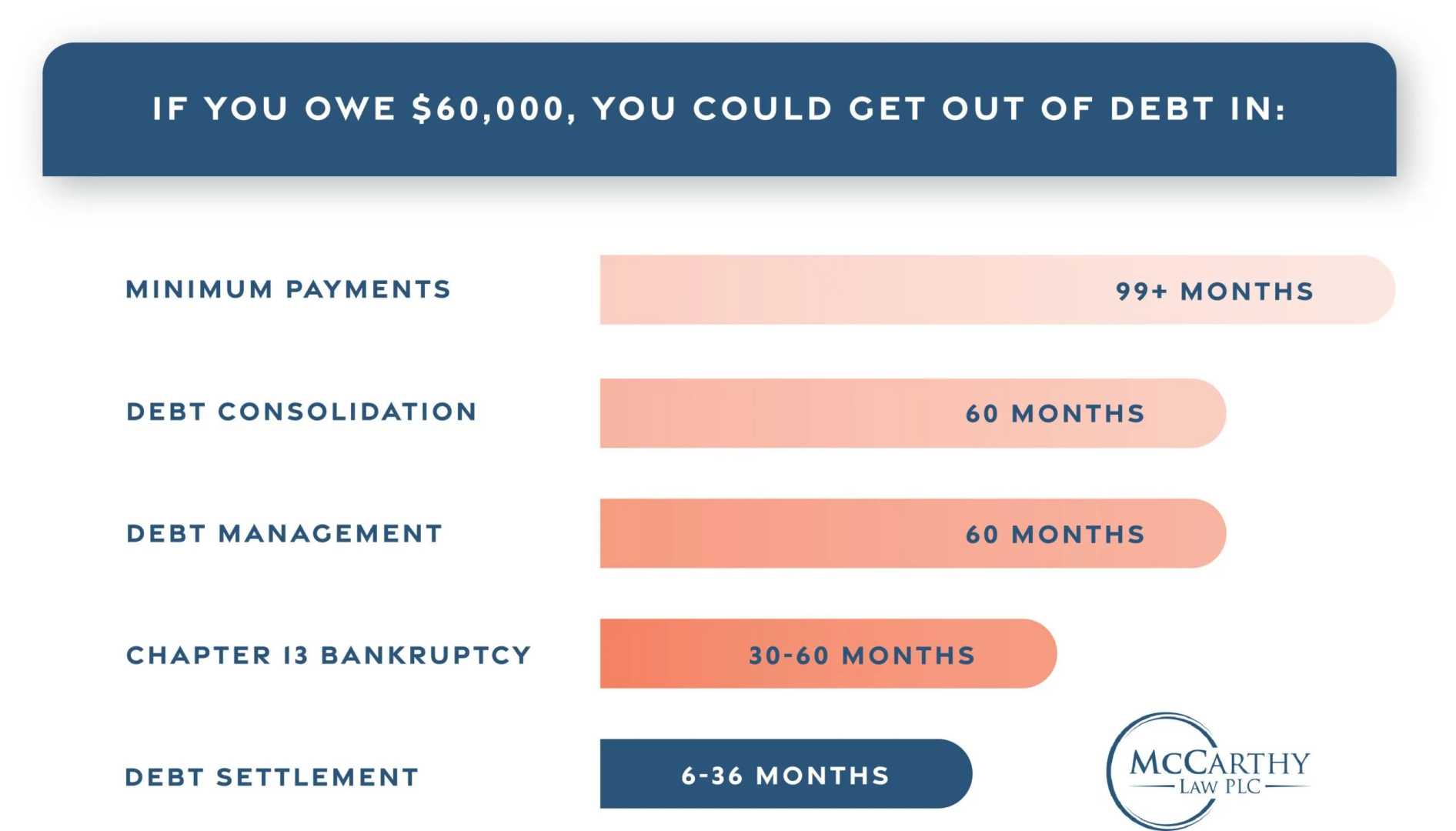Business
Senators Propose 10% Cap on Credit Card Interest Rates

WASHINGTON, D.C. — A bipartisan effort led by Senators Josh Hawley, R-Mo., and Bernie Sanders, I-Vt., seeks to introduce legislation that would cap credit card interest rates at 10% for a duration of five years. The bill emerges as many Americans contend with record credit card debt, which has surged to $1.17 trillion amid rising costs of living and inflation.
“Working Americans are drowning in record credit card debt while the biggest credit card issuers get richer and richer by hiking their interest rates to the moon,” Hawley stated in a news release. The proposed legislation aligns with a promise made by former President Donald Trump during his campaign, who advocated for similar rate caps.
The capitalized figure of 10% is significantly lower than the current average credit card interest rate of approximately 21.5%. Hawley and Sanders assert that their legislation aims to provide immediate relief to families burdened by high-interest debt after a series of interest rate hikes from credit card companies.
According to the New York Federal Reserve Bank, credit card debt has increased by 33% since the third quarter of 2019, and many families now utilize their cards for essential expenses such as groceries and rent. Last year alone, credit card companies reaped over $130 billion from interest and fees, sending out approximately three billion solicitations for new card applicants.
Despite this bipartisan support, the bill faces significant opposition from industry groups, including the Consumer Bankers Association and the American Financial Services Association. In a joint letter addressed to the senators, these organizations claimed that imposing a 10% cap could endanger credit access for millions of consumers, forcing them instead to rely on unregulated and potentially more costly credit alternatives.
“This bill would eliminate access to credit cards for millions of consumers and drive them to sources of credit which are far more costly and less regulated,” the letter stated. Analysts indicate that high interest rates currently serve as a mechanism for credit card companies to manage risk related to lending, particularly amongst consumers with lower credit scores. Should the cap be enacted, it is feared that many would be denied credit altogether.
Hawley dismissed the notion that the legislation would hinder credit availability, arguing instead that it would curtail predatory lending practices. “High credit card interest rates are exploitative and capping them would provide meaningful relief for American families struggling to make ends meet,” he emphasized.
Polling data indicates a substantial public endorsement for this legislation, with 77% of Americans in favor of capping credit card interest rates. However, industry experts warn that previous attempts at similar regulatory measures have failed to gain traction in Congress, with many suspecting that this proposal may also meet a similar fate.
“The truth is, a 10% cap would be really, really restrictive. It just wouldn’t be profitable for card issuers,” said Greg McBride, a financial analyst at Bankrate. Past proposals aimed at regulating credit card interest rates, including one introduced by Hawley last year to set a maximum of 18%, failed to advance.
Despite the challenges the bill faces, proponents remain adamant that legislative action is necessary to ease the financial burden on American consumers. Sanders stated, “Credit card companies are making huge profits ripping off the American people. We must take steps to alleviate the financial strain on our working families.” With significant public support and political momentum, the upcoming legislative session will determine the fate of this critical piece of consumer protection legislation.












